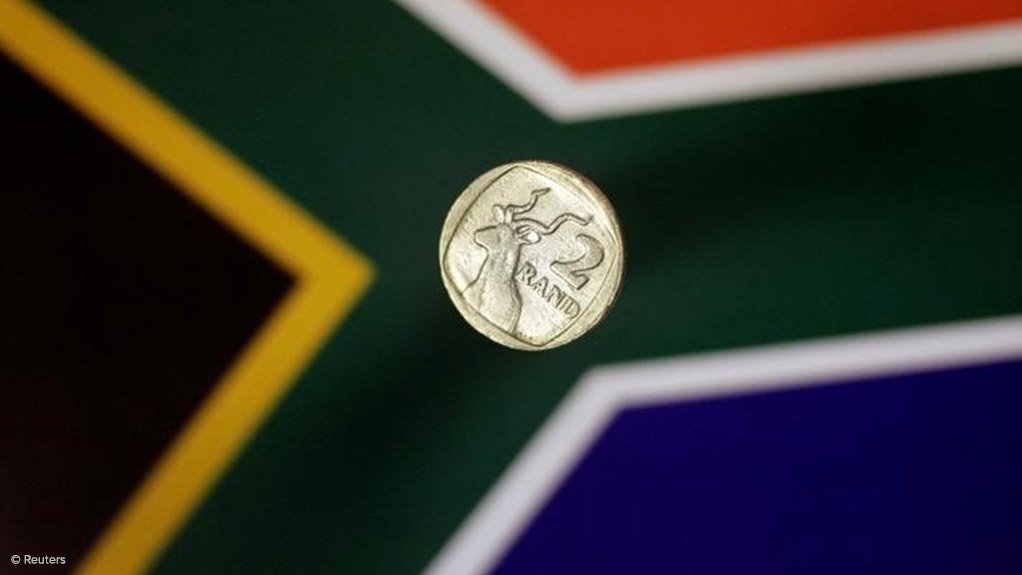South Africans have been spending and transacting less and less as high interest rates, food inflation, load shedding and elevated fuel prices eat away at their income, according to the latest BankservAfrica Economic Transactions Index.
While this index isn’t a broadly used indicator, it shows that economic activity declined in the third quarter and that the trend continued into the fourth, with the measure falling to its lowest level in a year. Consumer price inflation and producer price inflation ticked up over the same period and National Treasury trimmed back its forecast for gross domestic product growth in 2023 earlier in November.
Interest rates may still stay on hold
Despite the horrible outlook, the Monetary Policy Committee will likely choose to keep interest rates on hold next week, according to Elize Kruger, an independent economist who contracts to BankservAfrica.
Inflation rose for the past two months on the back of fuel price increases, but a large drop in the cost of petrol due in December may mean the SA Reserve Bank will "look through the blip,’" Kruger said, adding that she sees inflation moving lower and closer to the midpoint of the central bank’s 3% to 6% target soon.
The standardised nominal value of transactions cleared through BankservAfrica in October dropped to R1.216-trillion from R1.248-trillion in September and BankservAfrica said that while economic activity generally surprised to the upside during the first half of the year, "a growing number of indicators point to a lacklustre second half".
Supporting BankservAfrica’s view, the S&P Global South Africa Purchasing Managers' Index slipped further in October, the Absa Purchasing Managers’ Index subsided to 45.4, "remaining below the neutral 50-level for the ninth consecutive month, confirming ongoing strain in the manufacturing sector and new vehicle sales retreated as declining business confidence and reduced disposable income impacted buyers".
So, suffering South Africans are trapped in a cycle of trying to cope with a stagnant economy, interest rates at a 14-year high, one of the world’s highest unemployment rates, increasing food costs and a depreciating rand.
"In the short term there will be more of the same and South Africans will feel the pain for at least another three to six months," Kruger said.
Thereafter, we should see some interest rate drops, with cuts of 75 to 100 basis points throughout the course of next year. Further, more electricity capacity is being added to the grid and more people have invested in solar power, decreasing the demand on Eskom. After estimated gross domestic product growth of just 0.9% this year, next year should rebound to 1.8%, Kruger said.
So, while BankservAfrica says it’s become increasingly clear that the cumulative impact of the many challenges that have been playing out in the South African economy during the past 18 months is now at its harshest, 2024 may bring some relief.
EMAIL THIS ARTICLE SAVE THIS ARTICLE
To subscribe email subscriptions@creamermedia.co.za or click here
To advertise email advertising@creamermedia.co.za or click here











